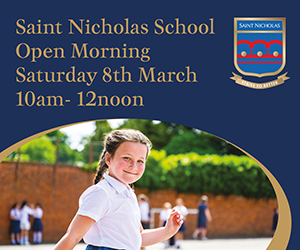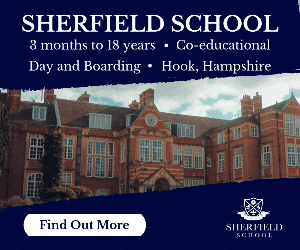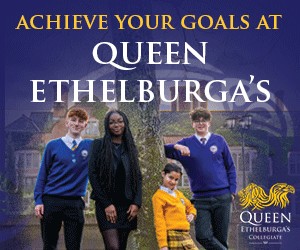Prince’s Gardens announced WINNER in Muddy Stilettos Best School Awards 2022
Published by Brighton College Prep Kensington on Tuesday 22nd of November 2022
We are delighted to announce that Prince's Gardens has been selected as the WINNER of 'Originality in Teaching Music and the Arts' in the Muddy Stilettos Best School Awards 2022.There were an overwhelming 400 entries from schools across the country so it is a lovely surprise and testament to the hard work and dedication of our Music department, who have developed a forward thinking and exciting music provision.
At Prince’s Gardens, our music curriculum introduces all children to a range of orchestral musical instruments, alongside singing, in their class music lessons. Children are also encouraged to take part in a wide range of musical ensembles. In doing so, we hope to develop our children’s critical thinking skills, as they master the technical challenges of learning an instrument, confidence, as they work towards regular performance opportunities, collaboration, as they work with others, and of course creativity, as we encourage them to think how to put together their best musical performance.
Our pupils’ musical journey begins in Pre-Reception, where alongside the singing and musical games you might expect to find in an Early Years lesson, children learn to play organised patterns of notes on coloured chime bars, creating accompaniments to a variety of traditional songs.
This develops further in Reception, where children learn the ukulele. This introduces them to holding an instrument correctly for the first time, developing fine motor skills well above normal expectations for children of this age. Starting with simple plucked tunes, over the course of the school year, this develops into the children using their left-hand fingers to play their first chords. These skills also become invaluable if children decide to learn the guitar at a later point.
This introduction to a string instrument also provides a foundation for our Year 1 and Year 2 curriculum, where children spend two years learning the violin. They are taken from the absolute basics of how to set up their instrument independently, along with how to hold the violin and the bow, and play the open string notes, right up to playing longer tunes using left-hand fingers by the end of Year 2. Much of the material covered in Years 1 and 2 is also cross transferable to other string instruments, and children are encouraged to have a taster lesson on the cello halfway through Year 2.
In Year 3 and Year 4, we move to an instrument that can be found in primary education across the country; the recorder. The recorder it is an excellent instrument on which to cover the foundations of good technique that are needed for so many other wind instruments, such as the flute, which Year 3 children are also given an opportunity to try. We use a popular motivational teaching method from America, where children can earn karate style belts for their recorder, developing the link between practise and achievement, which is critical if children later decide to have individual lessons on an instrument of their choice.
In Year 5, we take all the skills that the pupils have developed on the recorder and apply them to the saxophone, so that they can explore the techniques needed to play a reed instrument. This also gives pupils the opportunity to play music arranged in parts, dividing into groups to play different notes and rhythms and also to explore a variety of contemporary music styles.
Finally, in Year 6, children are introduced to the trumpet, giving them a foundation to explore any other brass instrument. We also explore musical improvisation in more detail, learning pieces with extended sections for freestyling. But like so much creativity, the goal is to balance spontaneity with preparation.
The result is that approximately 50% of children in the Upper and Lower Schools take additional one to one lessons on an instrument or singing through a private tuition programme that we also offer to our pupils. We enjoy a close relationship with the nearby Royal College of Music and all our visiting music tutors are recent graduates of the college. Additionally, around 60% of the children in the Upper and Lower Schools participate in some form of musical ensemble each week, through our extracurricular activities programme. Having a strong foundation of musical engagement in the classroom has enabled us to develop a wide range of musical ensembles, including an orchestra, choir, flute and recorder ensemble, guitar ensemble and drumming group.
Finally, and perhaps most importantly, performing music successfully with others requires children to learn the value of working together towards a shared goal with mutual respect and an awareness of others










